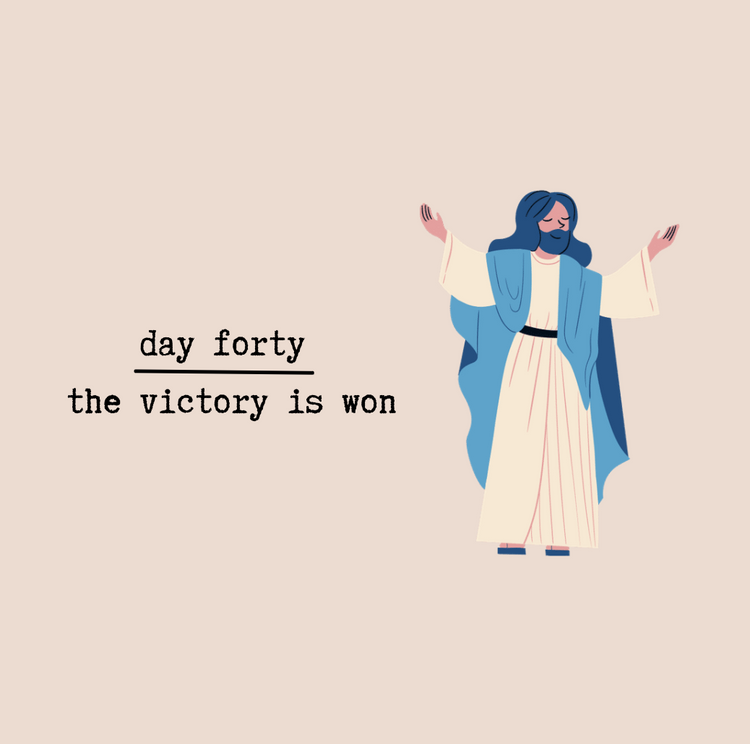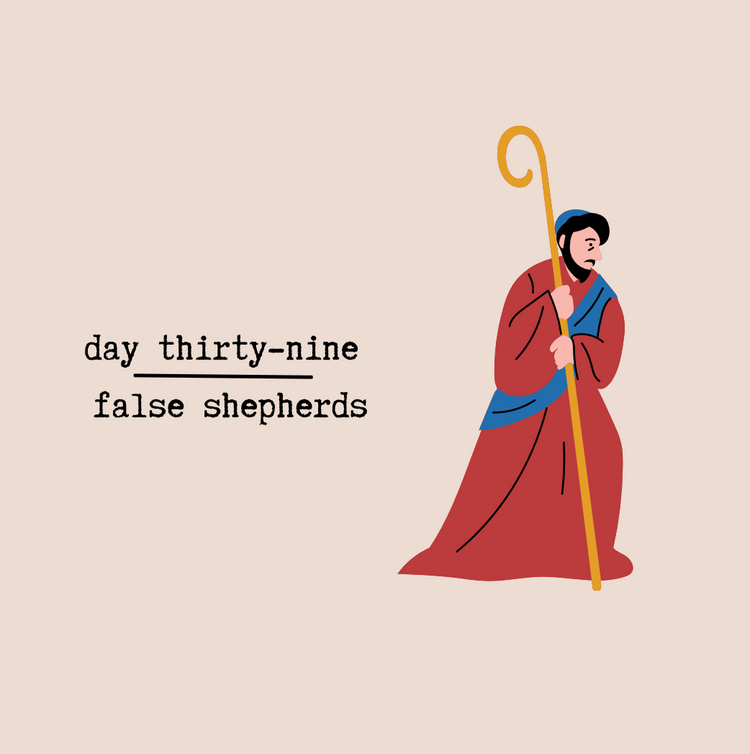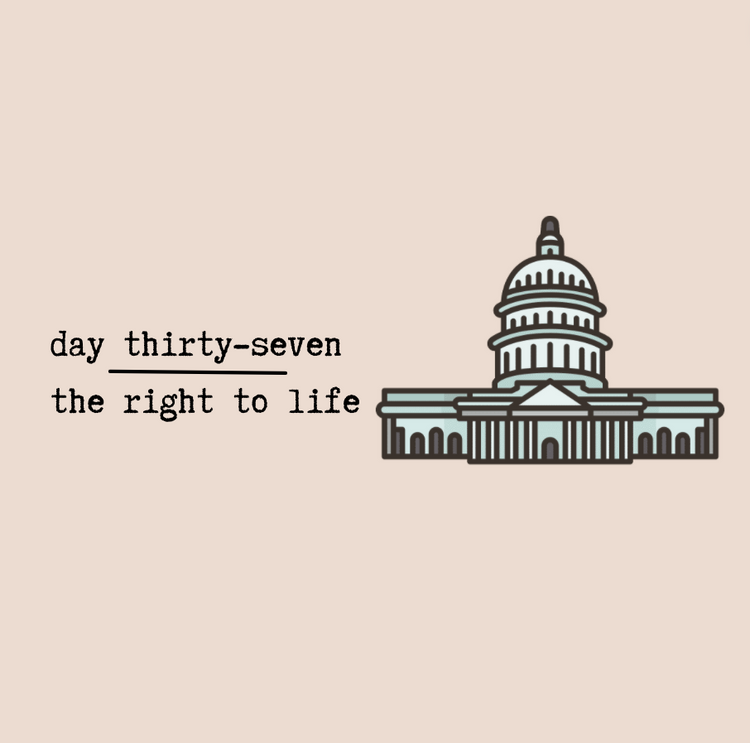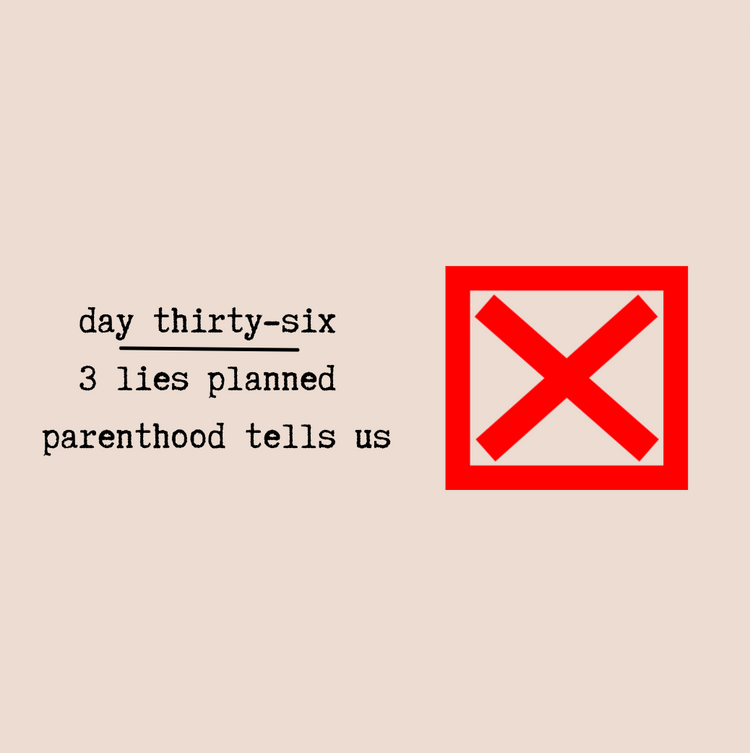Day Thirty-Two - The Pro-Life Message in "The Magician's Nephew"
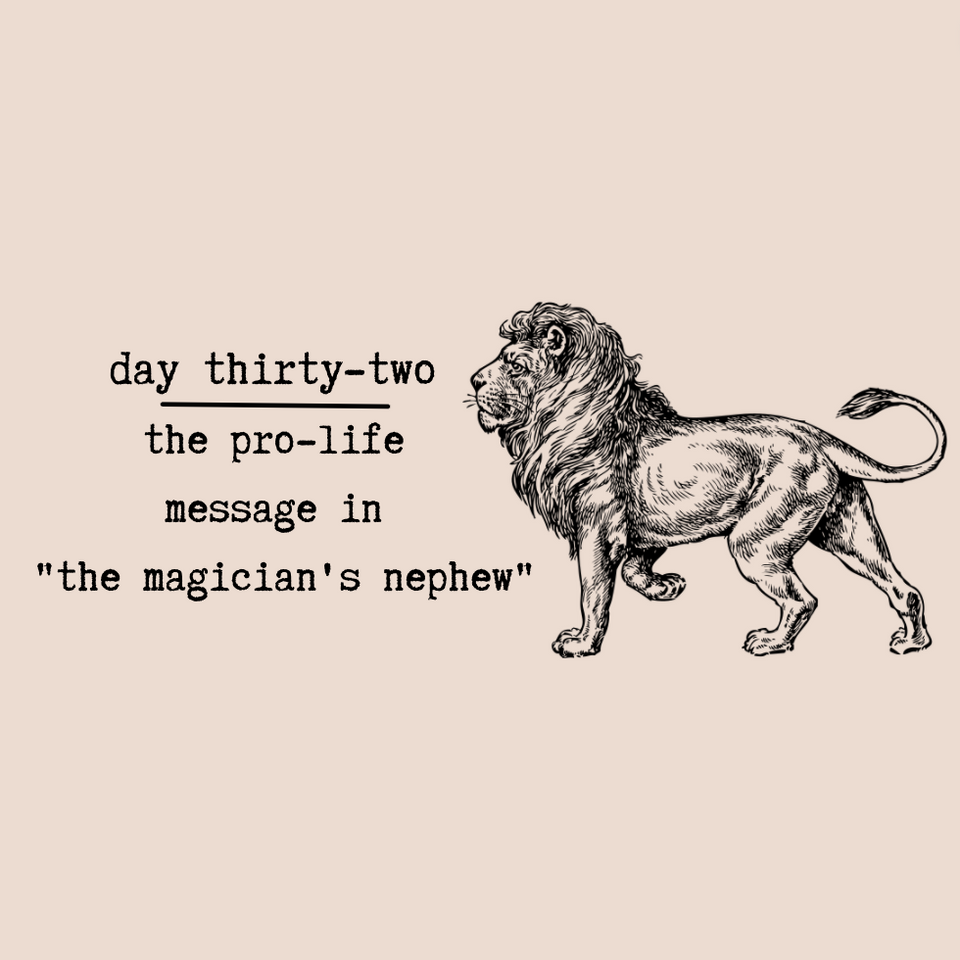

Today's Reflection
by Emily Chaffins
As Catholic Christians, we understand that a self-centered pride was at the core of Adam and Eve’s fall into the original sin, and is also at the core of the self-centered things that we, their children, sometimes do. We as humans tend to turn in on ourselves and to balk from sacrificing ourselves for one another. The truth is that at the culture of death is a product of the attitude of prideful selfishness and of insisting on convenience even over human life. However, there is goodness inside of all of us, and by God’s grace we can even do heroic actions of charity in the service of others. The battle between individual selfishness and heroism, and the larger conflict between the culture of life and the culture of death, is painted masterfully by C.S. Lewis in his novel, The Magician’s Nephew.
The Magician’s Nephew is the prequel to the first book, The Lion, the Witch, and the Wardrobe, in Lewis’s The Chronicles of Narnia. For those who haven’t read any of the Narnia books, The Lion, the Witch, and the Wardrobe tells the story of the Pevensie siblings (Peter, Susan, Edmund, and Lucy), ordinary children who find themselves in a world called Narnia after stepping into a magical wardrobe. The siblings cooperate with the Great Lion, Aslan (who is meant to be Christ) to defeat the White Witch, an evil witch who enslaved all of Narnia and froze it into never-ending winter. On the other hand, The Magician’s Nephew goes back in time to Aslan’s creation of Narnia and explains how “the Sons of Adam and the Daughters of Eve” first became involved in Narnia’s story.
In the opening pages of The Magician’s Nephew, we meet a boy named Digory whose ailing mother is slowly dying. In the course of the story, Digory and his friend, Polly, happen upon the secret of Digory’s peculiar Uncle Andrew. Uncle Andrew tricks Polly into handling one of the unique rings in Uncle Andrew’s study – a ring that makes her disappear to an unknown world! Uncle Andrew explains to an astonished Digory that he has been toying around with magic, first using a guinea pig that has never been seen since, and now wanting human guinea pigs! Uncle Andrew has a complete disregard for whether Polly and Digory live or die and just wants to achieve his own ends of having power. Digory, outraged by Uncle Andrew’s selfishness, generously chooses to go in pursuit of Polly.
Digory finds Polly in a “wood between the worlds.” This location is filled with pools of water that serve as entrances to other worlds when Digory and Polly are wearing their rings. They decide to go into one of the pools and come to a world called Charn, which is a wrecked world inhabited by wealthy-looking people who are nonetheless frozen in oblivion due to a spell, including “a woman even more richly dressed than the others… with a look of such fierceness and pride that it took your breath away” (Lewis, 53). There is also a bell, hammer, and an inscription that reads:
“Make your choice, adventurous Stranger;
Strike the bell and bide the danger,
Or wonder, till it drives you mad,
What would have followed if you had” (Lewis, 54).
Digory succumbs to tempting words and, against Polly’s will, rings the hammer. His selfish choice has terrible consequences.
The prideful woman, Queen Jadis, comes out of her oblivion. Queen Jadis tells Digory and Polly the backstory.
“It had long been known to the great kings of our race that there was a word which, if spoken with the proper ceremonies, would destroy all living things except the one who spoke it. But the ancient kings were weak and soft-hearted and bound themselves and all who should come after them with great oaths never even to seek after the knowledge of that world. But I learned it in a secret place and paid a terrible price to learn it. I did not use it until she [her sister and rival for the throne] forced me to it…. I spoke the Deplorable Word. A moment later I was the only living thing beneath the sun” (Lewis, 66-7).
Jadis, in her utter disregard for life, exemplifies the culture of death. Jadis manages to follow Polly and Digory back to our world, determined to gain a new kingdom. She completely overpowers Uncle Andrew, who, rather than being able to use her, finds her completely out of his control. As Jadis goes around terrorizing the citizens, Digory and Polly are finally able to use the rings to take Jadis with them, accidentally bringing Uncle Andrew and a cabby, Frank, and his horse, Strawberry, along. However, intending to go to Charn, they go into a pool that brings them to Narnia!
Narnia is not created yet. Digory and Polly watch as the Lion (Aslan) brings Narnia into being through his music and breath, creating plants, beasts, and everything in the world. I would highly encourage you to read this passage from the book, as it is deeply awe-inspiring and reminds us of the wonder of creation. This culture of life, with its order and beauty, is the opposite of Jadis’s terror.
Polly, Digory, and the cabby are delighted by all that is happening. The Lion even makes Strawberry into a reasoning beast! Jadis, however, goes temporarily out of the scene as she puts as much distance between herself and Aslan as possible. Uncle Andrew, instinctively despising Aslan, wants to utilize Narnia for profit, saying that it could be “the land of youth” (Lewis, 120). Digory becomes excited by his Uncle’s words, but Digory is eager out of unselfish care for his mother. Digory pleads with Aslan, “…Please, will you give me some magic fruit of this country to make Mother well?” (Lewis, 146). Digory is caught up with his own concerns and forgets the harm he has caused Narnia, which he has a duty to address. Aslan gently but firmly reminds him, “Son of Adam… there is an evil Witch abroad in my new land of Narnia. Tell these good Beasts how she came here” (Lewis, 146). Digory finally faces up to his mistake, confessing his fault.
Aslan goes on to say to the Narnian beasts, “…a force of evil has already entered [Narnia]; waked and brought hither by this son of Adam…. But do not be cast down…. Evil will come of that evil, but it is still a long way off, and I will see to it that the worst falls upon myself [a prophecy of Aslan’s sacrifice in The Lion, the Witch, and the Wardrobe]. In the meantime, let us take such order that for many hundred years yet this shall be a merry land in a merry world. And as Adam’s race has done the harm, Adam’s race shall help to heal it” (Lewis, 148). Aslan makes the honest and good-hearted cabby the King of Narnia, and makes Frank’s wife Helen, whom Aslan brings from Earth, the Queen. Aslan also makes sure that Polly has forgiven Digory. Then Aslan asks Digory to go to a far-away garden to find a special fruit that makes the consumer live forever, and which Jadis fears. If they plant the fruit in Narnia, Jadis will stay away for a while.
Polly and Strawberry come with Digory to the garden. On the garden gate, it states:
“Come in by the gold gates or not at all,
Take of my fruit for others or forbear,
For those who steal or those who climb my wall
Shall find their heart’s desire and find despair” (Lewis, 171).
Digory takes the apple-like fruit and finds Jadis has eaten it, to her destruction, “for the Witch looked stronger and prouder than ever, and even, in a way, triumphant; but her face was deadly white, white as salt” (Lewis, 174). Jadis tries to tempt Digory to eat the fruit and share the throne she wants to take. When he refuses, she tells Digory to keep the fruit for his mother. Digory ends up making the unselfish choice of refusing to do as Jadis says.
Digory’s unselfish act brings life to Narnia and to those around him – not only in Narnia, but also at home. As Aslan explains, the apples “are now a horror to her [Jadis]. That is what happens to those who pluck and eat fruits at the wrong time and in the wrong way. The fruit is good, but they loathe it ever after” (Lewis, 190). Aslan also gives Digory an apple for his mother, which makes her recover!
An important point is taken up in Aslan’s and Digory’s conversation beforehand:
“[Digory:] ‘She [the Witch] wanted me to take an apple home to Mother.’ [Aslan:] ‘Understand, then, that it would have healed her; but not to your joy or hers. The day would have come when both you and she would have looked back and said it would have been better to die in that illness.’ And Digory could say nothing, for tears choked him and he gave up all hopes of saving his Mother’s life; but at the same time he knew that the Lion knew what would have happened, and that there might be things more terrible even than losing someone you love by death. But now Aslan was speaking again, almost in a whisper: ‘That is what would have happened, child, with a stolen apple. It is not what will happen now. What I give you now will bring joy. It will not, in your world, give endless life, but it will heal’” (Lewis, 191).
Back in Earth, the wood from the tree that grew from the core of the Narnian apple goes into making the titular wardrobe that features in The Lion, the Witch, and the Wardrobe.
In conclusion, C.S. Lewis’s The Magician’s Nephew shows us the impact of our individual choices in bringing life or death to the world around us. Let’s encourage one another to choose to bring life to those around us. Most importantly, we can rest assured that God can bring good out of bad, as the symbolic Aslan did.
Works Cited
Lewis, C.S. The Magician’s Nephew. First Harper Trophy ed., HarperCollins, 2000.
Prayer to Resist Temptation
I humbly ask you, Lord, through the infinite merits of your painful sufferings, give me strength and courage to destroy every evil passion and temptation which sways my heart, to bless you in my greatest afflictions, to glorify you by the exact fulfillment of my duties, supremely to hate all sin, and thus to become a saint.
Amen.
Prayer adapted from My Prayer Book.

